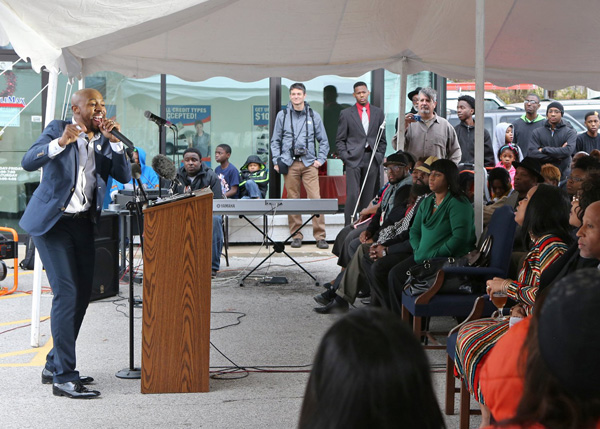In the small town of Ferguson, Missouri, Michael Brown was shot and killed by police officer Darren Wilson on Aug. 9, 2014. The days that followed this event consisted of clashes between the community and the government. For three months the grand jury was weighing evidence, those three months were filled with tension– and Wilson was not indited by the grand jury in the end.
“Though what Wilson did seems to be in self defense, there is an obvious problem in our country regarding race equality,” senior Jessica Daczo said.
Racial inequality has been a recurring problem in Ferguson. The community made up of mostly African Americans, has never been heard by their government.
History teacher Daniel Kosiba feels that the issue at hand has been a prevalent one.
“The rioting that took place after the jury’s decision is about the history, and not the specific targeting of Michael Brown. The bigger picture is that this continues to happen,” he said.
Paul Ceneac, a senior, feels that important issues have been broached as a result.
“In a way, I am glad that Ferguson has allowed us to start talking about real issues occurring in the black community, instead of ignoring them,” he said.
The grand jury, made up of nine whites and three blacks, announced that officer Wilson would not receive any criminal charges against him. This announcement enraged the people of Ferguson, and violent protests were put into action.
Jason Foster sponsor for the Black Student Union feels what’s happened is not a shock.
“Personally, I am not surprised, but I am fearful for my sons.”
The young protesters in Ferguson have become increasingly violent following the decision. They are feared by others that want to protest peacefully. In this situation it is crucial to not turn against each other, but stand as one.


